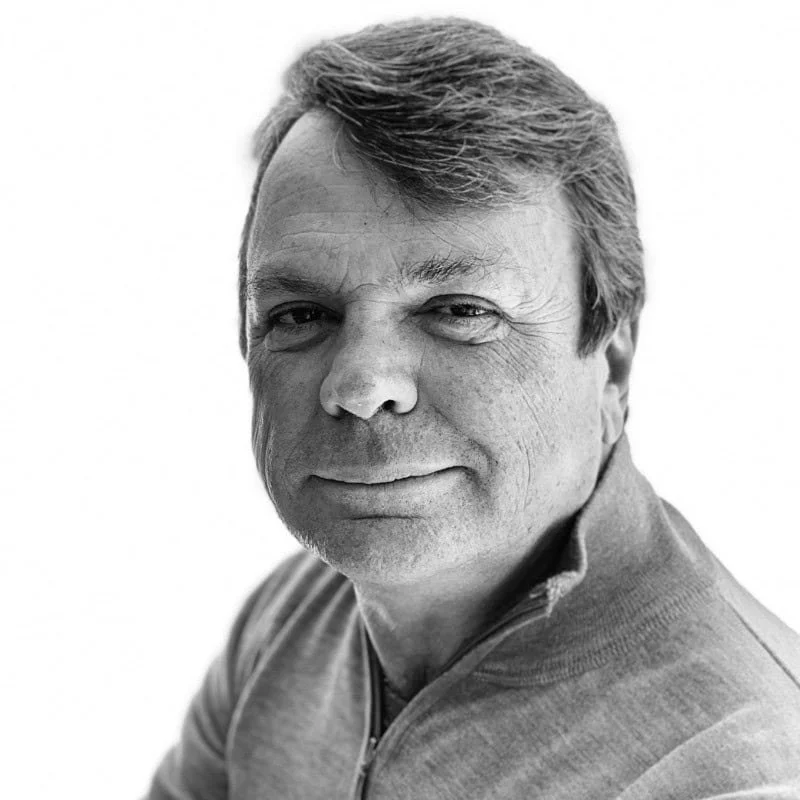Go Green Africa: “We’re working very hard to introduce trust into the carbon market system”
Exclusive interview with Iain Banner, founder and chairman of Go Green Africa and co-founder of Africa’s Green Economy Summit.
Let’s start with Go Green Africa, its goals and the progress that was made in 2024.
I think 2024 has been a solid year for Go Green Africa. We kicked it off in February 2023 around the staging of Formula E Cape Town. And the intent was essentially to democratise going green; so to do that, it meant we needed to look at the big companies that are polluting, such as Eskom and Sasol and companies like Uber, and we needed to get them on board.
Then we needed solutions too, and we were able this year to bring Siemens to the party. They have joined us. It’s still to be officially announced, but I can advise that it is a happening thing, which I’m delighted about. And then of course we’ve got our smaller companies that are helping to drive technological solutions into the polluters to reduce the emissions of these polluters. And the job ahead includes really democratising it to the individuals, getting people to start thinking green and, most importantly, acting green. It’s a journey that will take time, but we’re very excited about it, and we’ve laid the foundation, and from here we want to accelerate into 2025.
What is your vision in terms of what carbon markets can mean for the African continent?
Carbon markets can mean a tremendous amount for Africa. I personally think that the carbon market system, the idea that you can use carbon credits as a means of offsetting your carbon footprint is really a strong idea. The problem is, it’s been hijacked by bad actors, cowboys and crooks, who have seen an opportunity in the early days to take full advantage of a system that was perhaps underprepared for that attack.
We’re working very hard to introduce trust into the system, and we are working with platforms that are independent and visible, such as Assidium, the registry, as well as Carbon Zero, the trading desk. And it’s all about credibility and transparency. And I am personally extremely excited about what carbon markets can do by way of nature credits and how we can protect very important wild landscapes in Africa through funding that is generated by carbon credits and that is totally valid because of the sequestration that happens in places like the Congo Basin, which is almost the size of the Amazon, and as important. So we’re working hard to try and make sure that we can take advantage of the new dispensation that’s just come out of COP29 and I see a bright future for carbon markets in Africa.
What is your view on the so-called Article 6 agreement on carbon markets at COP29?
The Article 6 agreement 6.2, that came out of COP29, is exciting. You’ve got the new finance goal of $300 billion per annum, meaning obviously there’s a lot more money that is to be made available annually for climate finance. And then the renewed attention to equity, the simplified access to climate finance for less developed countries. So that applies to the whole of Africa, frankly. Africa has carried the burden of being a mini polluter, let’s call it, relative to the rest of the world, but it’s essentially not had its fair share on the playing field. So, I think that these resolutions coming out of COP29 are positive, and we’ll see how things play into 2025.
Please tell us more about your work in north Zambia?
We’re involved in a very exciting project in the north of Zambia called the North Swaka Trust. It’s in Central Province, which is responsible for 50% of agricultural production in Zambia. The North Swaka Trust is overseeing the North Swaka lands as well as the Mkushi Headwaters, which total about 122,000 hectares; and it’s essential that this forest is retained and that these headwaters are protected, because the water that flows from them is the water that makes the agriculture possible in the Central Province. If that is deforested and degraded as it is potentially going to be, it will create a serious problem.
Fortunately, funded by INEOS, the North Swaka Trust has got to a position now where we are going through the scoping for the project. We’ll be verifying the methodologies and then verifying the project and securing carbon credits in order to fund the work that’s required to support the local communities, etcetera. It’s quite simple: the local communities need to be empowered in such a manner that when an illegal logger comes along with $100, they shoo them away, or something a bit more serious than that, because they realise that these are lands that are really, really essentially important for their country.
And that applies to all projects of this nature, and I’m reliably informed that there are up to 300 forests like this in Zambia alone. So this could be a real benchmark test case. We’re looking forward to the challenge of taking this project on, and we hope that it will generate sufficient revenue from carbon credits to fund the restoration work and the protective work that’s required to maintain the forests that are so important in North Zambia.

